Kazan plans to become Russia’s ecological capital
The city aims to shift everyone to public transport, implement waste sorting, and promote “eco-friendly” thinking
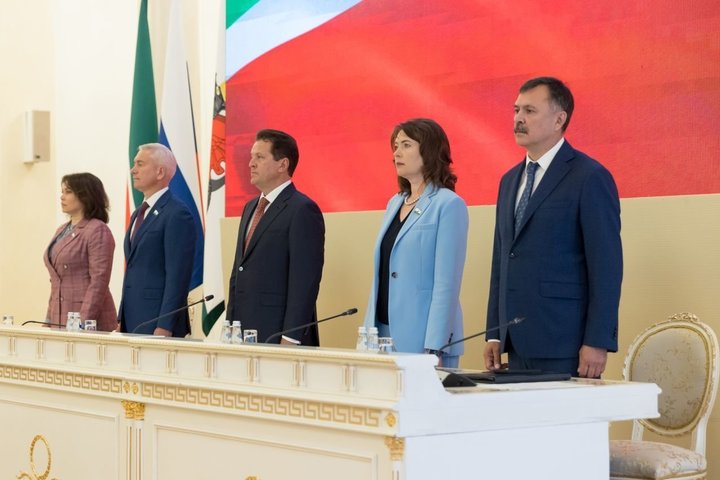
Kazan City Council deputies have approved a new development strategy until 2030. The plan includes increasing public transport ridership from 20% to 45%, modernising the vehicle fleet, and focusing on a ‘green’ automotive industry — buses powered by gas or electricity. At the same time, residents are expected to achieve 100% waste sorting, and notably, they themselves express readiness for this. Read more in the report by Realnoe Vremya.
Kazan authorities concerned about the amount of waste per resident
The Sustainable Development Strategy for Kazan until 2030 is a 280-page document. It was developed at the request of the city’s mayor, Ilsur Metshin. The strategy was presented under the leadership of Valeria Marshalova, director of the Komanda agency.
“We are setting a new ecological “bar” that we can only raise together with our residents. Let’s take this path together. One resident of the city produces 434 kilograms of waste per year! Let’s analyse this every year and work on it every day,” emphasised the significance of the document, the mayor of Kazan.
The strategy was prepared by seven city teams with the involvement of hundreds of representatives from urban communities, businesses, the scientific sector, and others. During the process, 90 in-depth interviews were conducted, 30 strategic sessions organised, and two large-scale online surveys held. The document analyses the current situation and outlines target indicators across various areas of urban life.
According to a survey on the public services portal, presented by Marshalova’s team, residents identified three main environmental issues in the city. The greatest concerns among citizens are waste recycling and disposal, air pollution in the urban environment, and the condition and cleanliness of water bodies. The strategy is aimed at addressing these problems.
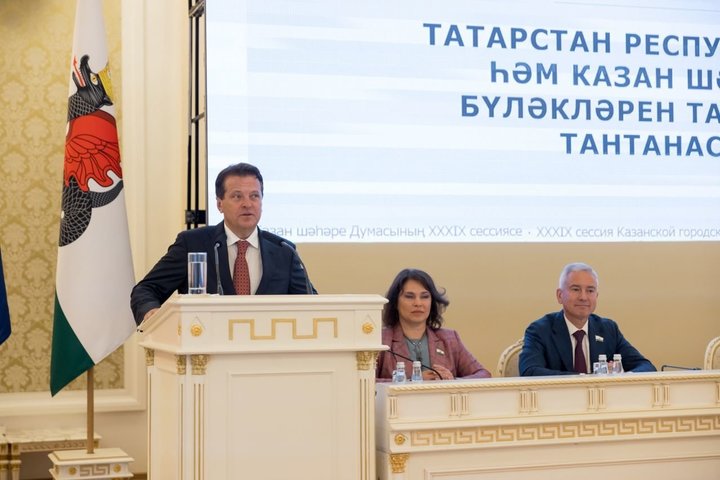
Increase the waste recycling rate over five years
The primary focus is on the city’s environmental well-being. It is planned to significantly increase the percentage of green spaces from the current 32.7% to 39% over the next 10 years. Special attention is given to the waste problem: between 1,500 and 2,000 tonnes of waste are generated daily in the city. According to surveys, 20% of residents already sort their waste and follow principles of responsible consumption. Another 55% believe that their personal contribution to the city’s environmental condition matters. The strategy sets an ambitious goal to raise these figures to 40% and 85% respectively.
According to the local regional operator, currently only 10–11% of municipal solid waste is sorted, and just 5.1% is recycled. The remaining waste is buried in landfills. Thus, the waste management system will require significant modernisation.
By 2030, the plan is to achieve 100% waste sorting and 25% recycling. To accomplish this, favourable conditions for the development of the recycling industry will be created, and the number of collection points for secondary raw materials will be doubled.
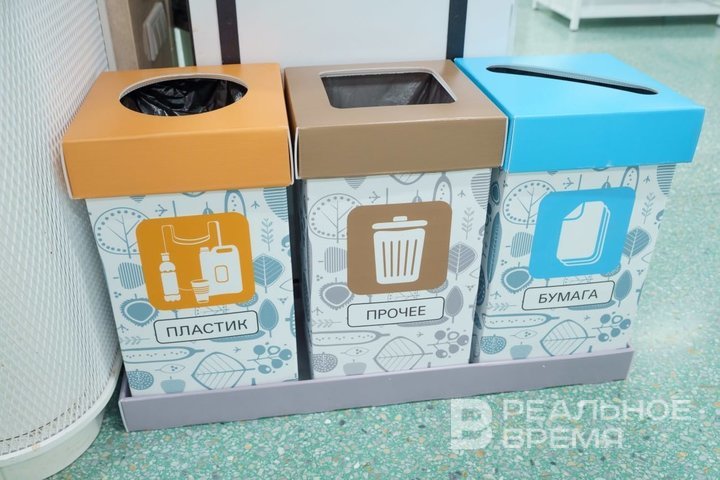
“Green” public transport as a way to clean the air
The city operates a fleet of 608 buses, of which 330 run on natural gas fuel. In addition, there are 90 trams and 145 trolleybuses in service. The strategic goal is to increase the share of residents using public transport from the current 30% to 45% by 2030. This is expected to significantly reduce the environmental burden on urban air and improve the quality of life for residents — addressing one of the key concerns voiced by Kazan citizens.
According to the Ministry of Ecology of Tatarstan, in 2024 motor vehicles accounted for 70% of all pollutant emissions. The total volume of emissions reached 40.6 thousand tonnes, with 485,000 vehicles registered in the city. To improve the situation, the plan includes increasing the number of buses running on natural gas and introducing electric buses.
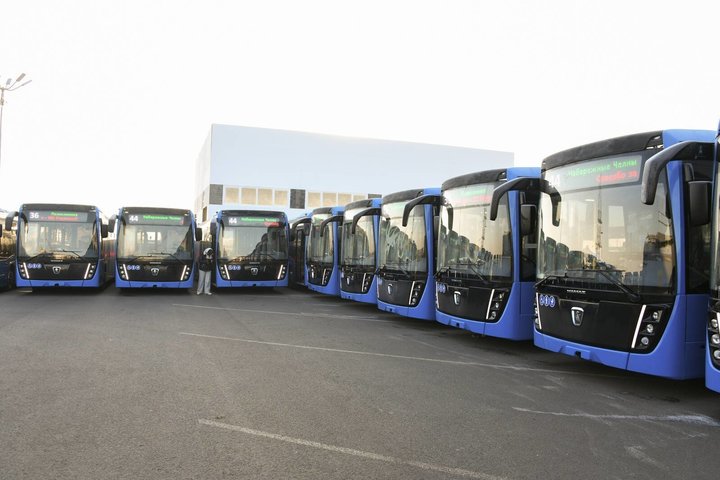
A key advantage — Kazan is not starting from scratch
Kazan is already showing strong results in the field of sustainable development. By the end of 2024, the city ranked third in Russia for urban environment quality and received a prestigious ESG-AA rating from the Expert RA agency. This rating confirms a very high level of implementation and planning of sustainable development practices, with a “stable” outlook.
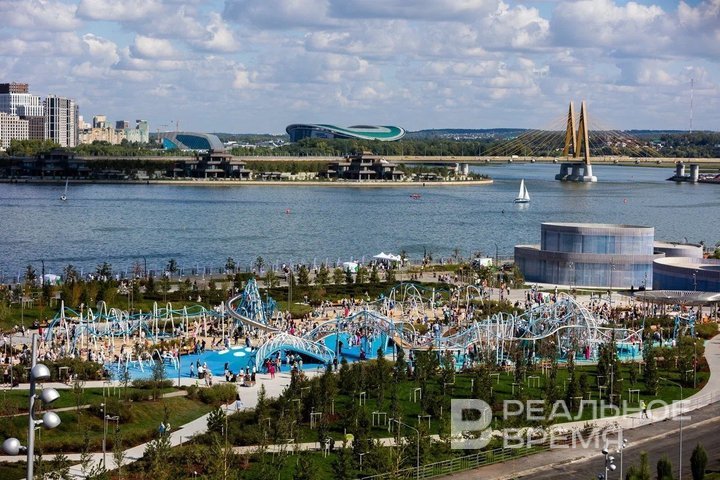
The social sphere is also showing positive developments. The average life expectancy of city residents has reached 76.5 years. Particular attention is being paid to supporting people with disabilities — 36% of working-age residents with disabilities are now successfully employed.
At this stage, there is no so-called roadmap or detailed algorithm. The document rather outlines a development trajectory than a concrete action plan. Drafting such a plan will be the responsibility of the relevant committees within the Kazan executive administration. Nevertheless, the fact that Kazan must not only maintain but also reinforce its status as a city honoured in the ESG ranking was unanimously supported by the deputies. It is possible that Kazan will soon earn a new title — “The Environmental Capital of Russia.”